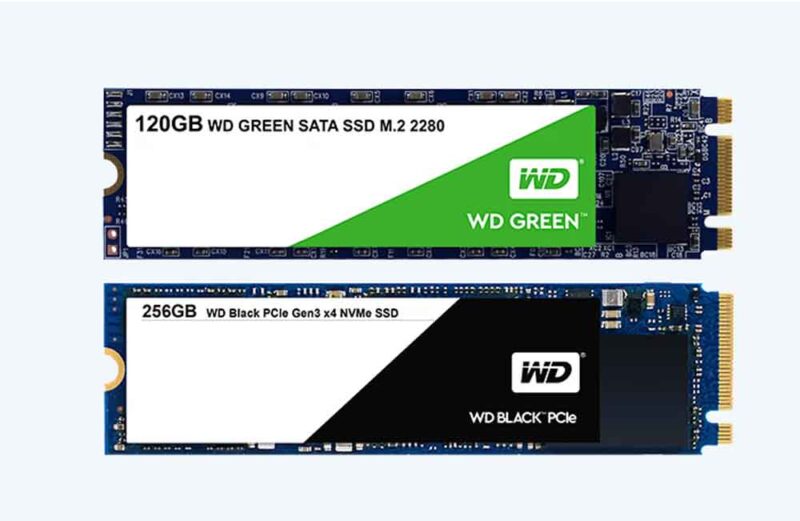A Solid State Drive (SSD) is a type of computer storage device that uses NAND-based flash memory to store and retrieve data. Unlike traditional Hard Disk Drives (HDDs), which store data on spinning disks, SSDs have no moving parts and instead rely on flash memory to store data.
Some of the main benefits of SSDs include:
- Speed: SSDs have faster read and write speeds than HDDs, which means that they can access and transfer data more quickly. This results in improved overall system performance, especially in applications that require fast data access, such as booting up an operating system, loading games, and running software programs.
- Durability: Because SSDs have no moving parts, they are more durable and less prone to failure due to physical damage. They are also less susceptible to data loss from shocks, vibrations, and other environmental factors.
- Energy Efficiency: SSDs consume less power than HDDs, which results in lower energy consumption and longer battery life for laptops.
- Noise: Because SSDs have no moving parts, they produce no noise, making them ideal for use in quiet environments.
Overall, SSDs offer improved performance, durability, energy efficiency, and quiet operation compared to traditional HDDs, making them a popular choice for both desktop and laptop computers.

